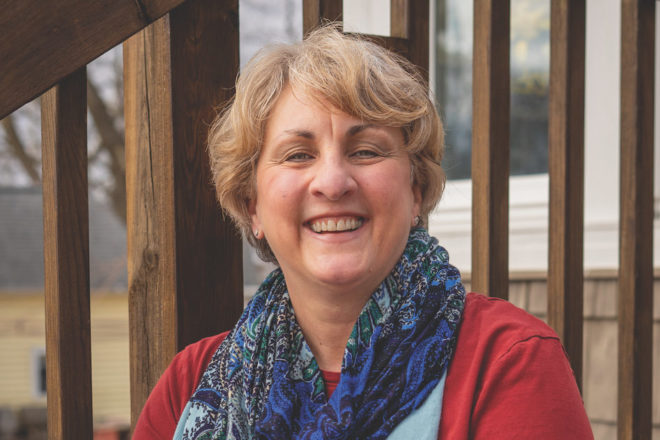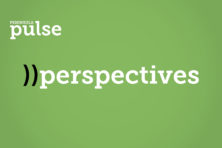Caring for the Caregiver
- Share
- Tweet
- Pin
- Share

How to know when it’s time to share the load
by CYNTHIA GERMAIN
Caregiving can be rewarding, but physically and emotionally demanding at the same time. Whether you’re taking care of an aging parent, a spouse with a chronic illness or a disabled family member, there may come a time when you need extra help. Being able to recognize the signs that you’re reaching your limit is crucial for the wellbeing of both yourself and the person in your care.
One of the earliest indicators that a caregiver needs extra help is an increase in stress and feelings of burnout. Signs of this may include feelings of helplessness, irritability, anxiety and depression.
A caregiver may also neglect their own health while caring for someone else. If you notice a change in your physical wellbeing, such as weight loss or gain, trouble sleeping or constant fatigue, you may need assistance.
Balancing caregiving responsibilities with your personal life and relationships can be challenging. If you find that you’re neglecting your social life, hobbies or important relationships, consider seeking extra help. Maintaining a support system and nurturing your own interests are vital for your overall well being.
Take a step back to assess the situation if you find yourself consistently neglecting your caregiving responsibilities. Missing appointments, forgetting medications or not providing proper care due to your own exhaustion or stress can have serious consequences for your loved one’s health.
As your care person’s condition progresses, their care needs may increase. If you find it challenging to meet these escalating needs on your own, you may need additional support. Consider hiring a home health aide, exploring adult day care services or looking into assisted living facilities. Professional caregivers or respite care providers could also help shoulder the load.
Another red flag is feeling resentment or frustration towards the person you’re caring for – these negative emotions can harm your relationship with them as well as your own mental health. Seeking extra help can help alleviate these feelings and allow you to better focus on the positive aspects of caregiving. It’s also helpful to talk to a trusted friend or healthcare professional to better understand and address the source of your frustration.
Educating yourself on caregiving issues and resources is key to being successful in your role. I recommend contacting the Aging and Disability Resource Center of Door County to learn about your local options. There are also many sources for advice and education online; the American Association of Retired Persons website, aarp.org, is a good place to start.
Recognizing that you need extra help as a caregiver is not a sign of weakness; it’s a responsible, caring decision. Be open to the idea of assistance, whether it’s through support groups, professional caregivers, or respite care, and remember that seeking help is an act of love.
With a career spanning from nursing home administration to education, Do Good Door County founder and CEO Cynthia Germain has a wealth of experience in enhancing the lives of seniors. She’s dedicated to fostering a vibrant Door County community where older adults thrive, drawing on her passion for elder care and her extensive background in nonprofit leadership to do so.



